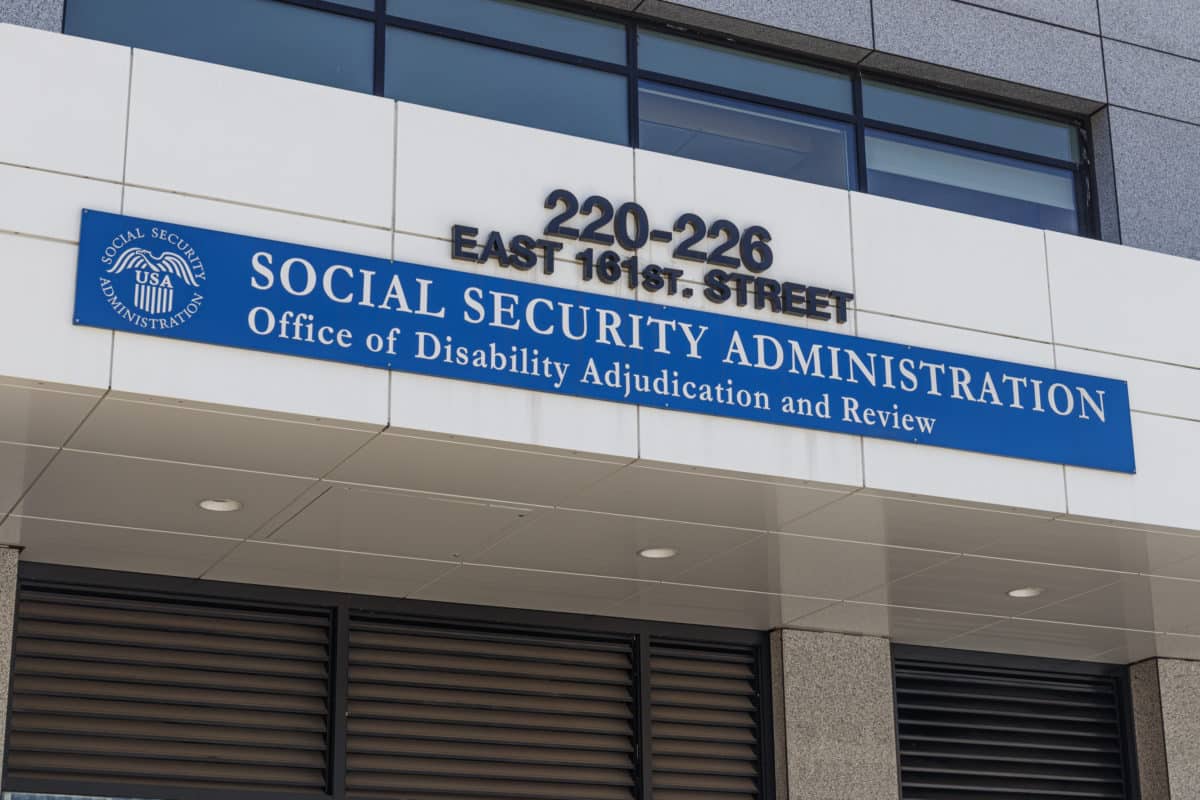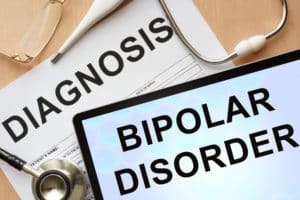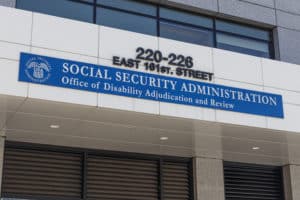Bipolar disorder, historically known as Manic Depressive Disorder, is a mental illness that affects 2.3 million of Americans. It’s characterized by several mood disorders that affect your daily lives.
If it affects your ability to work consistently, you may be wondering “can you get disability for bipolar disorder?” The short answer is yes. But there’s more to it than that.
Below we answer that question and also look at who qualifies for disability if you have bipolar disorder.
Can You Get Disability for Bipolar?
The American with Disabilities Act or the ADA does recognize bipolar disorder as a disability. This means that those who are suffering from the disorder can get protection through the ADA.
It also entitles the person to benefits from the Social Security and the ADA. However, not everyone with bipolar disorder can qualify.
But before we talk about the qualification and eligibility, it’s important to understand the symptoms of bipolar first.
Bipolar Symptoms
Having bipolar means mood swings that can range from extreme highs or mania, to extreme lows or depression.
Let’s take a look at Depression first. Symptoms can include (but not limited to):
- Lack of appetite
- Suicidal thoughts
- Feelings of guilt
- Despair
- Feeling lonely, empty, worthless, pessimistic, hopeless and irritable
- Delusions
- Having hallucinations
- Having self-doubt
- Difficulty sleeping
When it comes to Mania, the common symptoms include:
- Talking rapidly or excitedly
- Feeling full of energy, elated, overjoyed, self-important, full of great new ideas
- Easily distracted
- Easily agitated and irritated
- Delusions
- Having hallucinations
Who Qualifies for Disability With Bipolar?
Now, to qualify for disability benefits, your condition must be severe enough. You need to meet the specific requirements of the Social Security Administration or the SSA. You also cannot function at a high enough level to hold basic jobs.
In addition, you must be diagnosed with either bipolar I or II. You need to have a history of specific, severe symptoms that causes a decrease or decline in your abilities.
You also need to have at least three of the following symptoms mentioned above. And, at least two of the following symptoms:
- Difficulty understanding, remembering and using information
- Difficulty interacting with others
- Having a hard time concentrating or maintaining pace in tasks
- Inability to complete tasks
- Difficulty adapting or managing yourself.
If you, or someone you know, wants to file for disability benefits, you must provide the Social Security Administration with medical records. The SSA will grant or deny your claims based on the evidence you provide.
Additionally, it is also recommended that you seek consistent treatment before and during your Social Security Disability application process.
More on Bipolar Disorder
This article is part of our guide to bipolar disorder treatments, symptoms, causes and more.
Check out the next topic in our guide, bipolar treatment guidelines.








